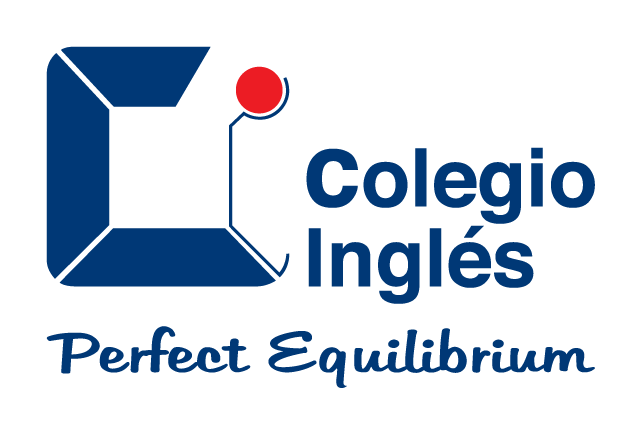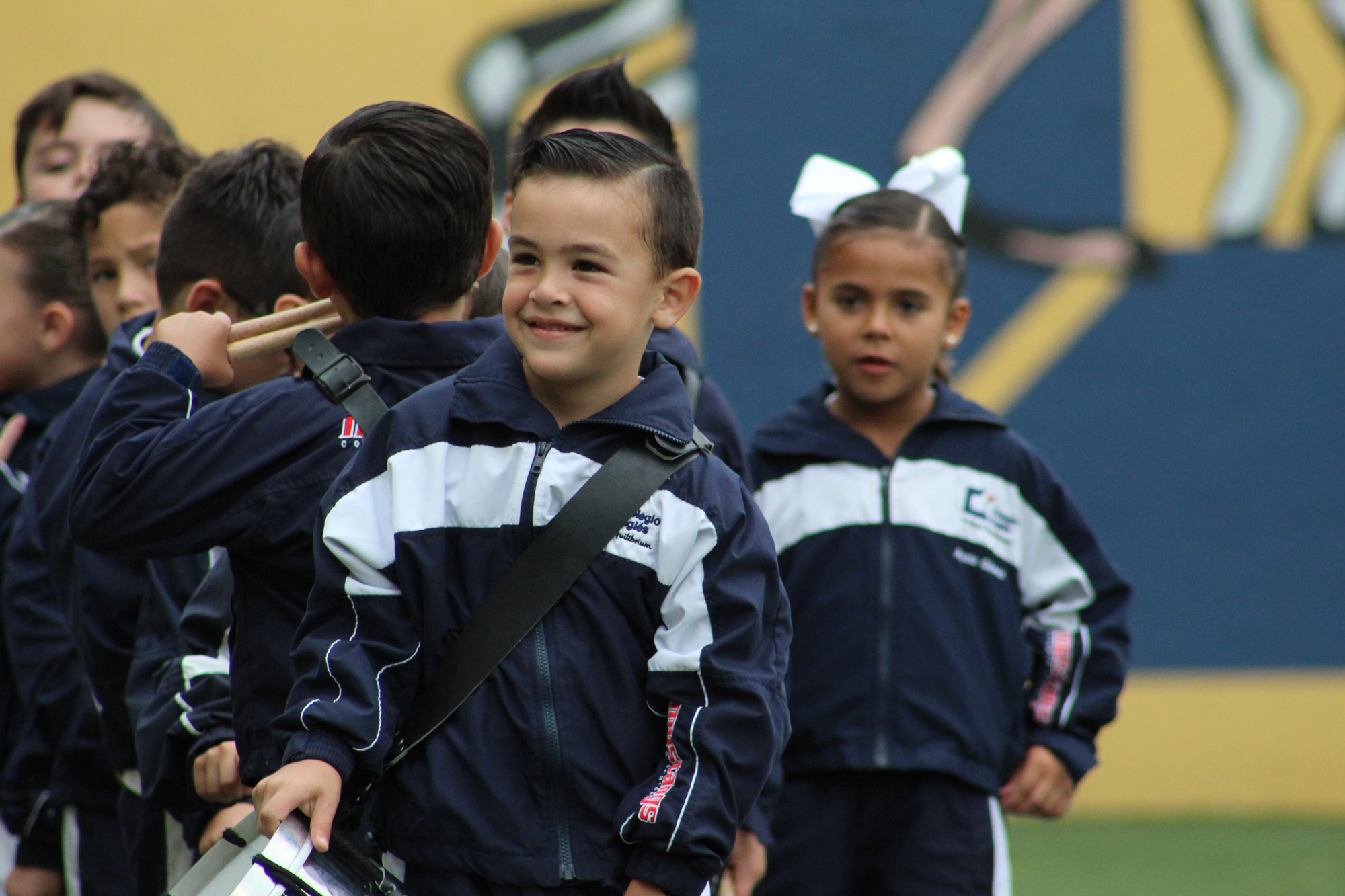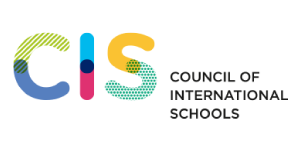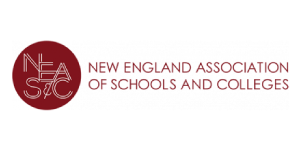Academics
Academic Programs
Preschool
Pre-Nursery, Nursery, Kinder I, Kinder II, Preprimary
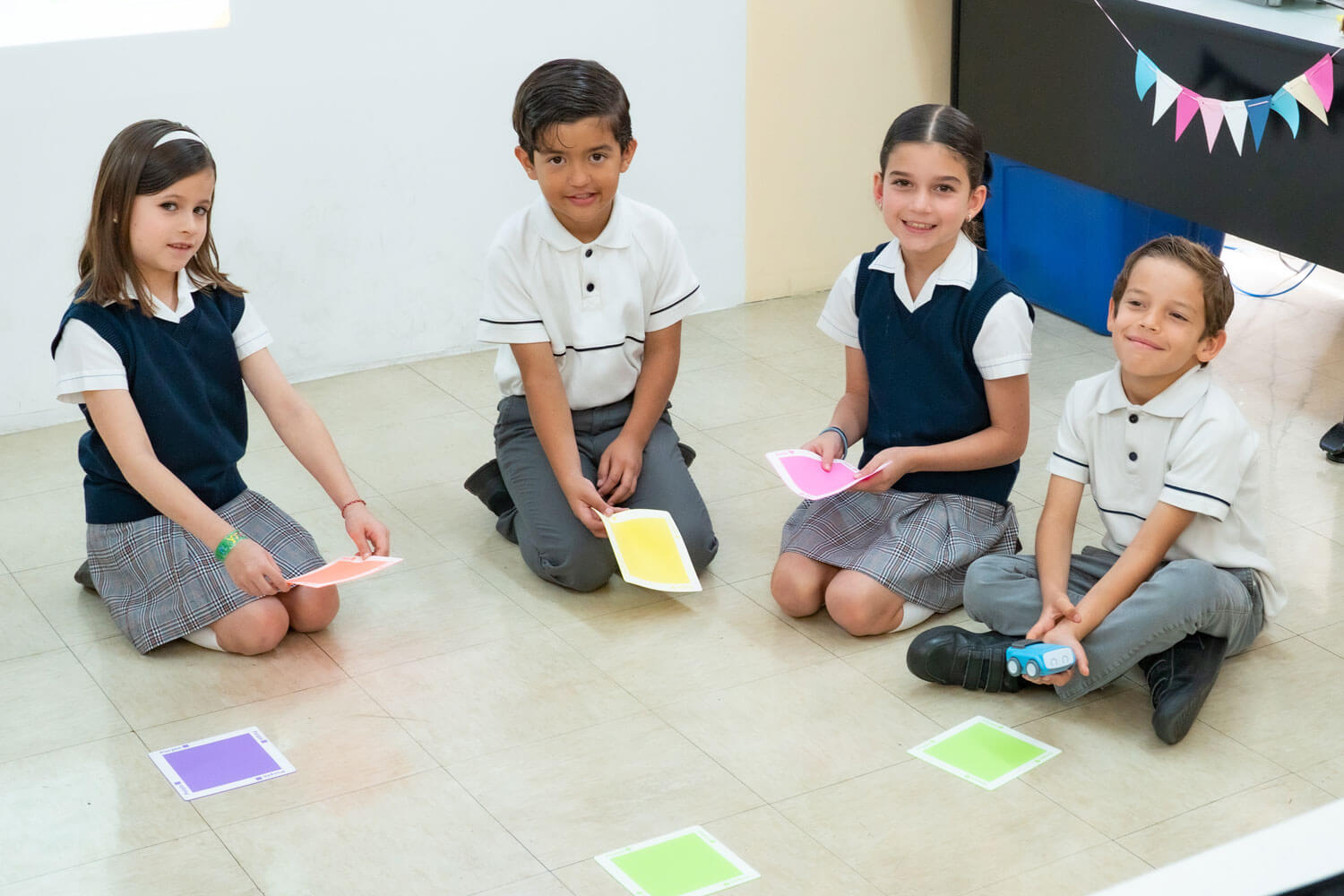
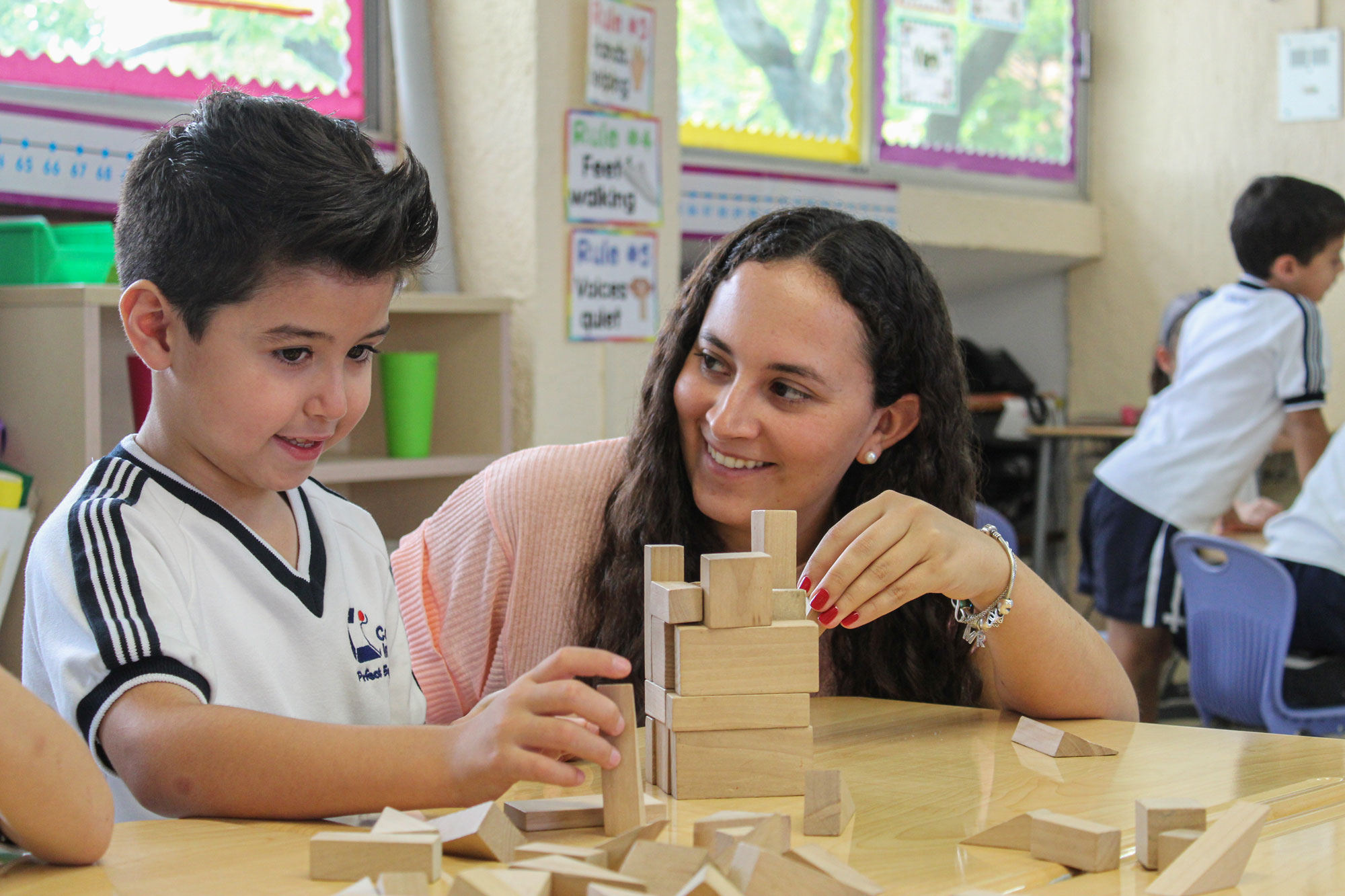
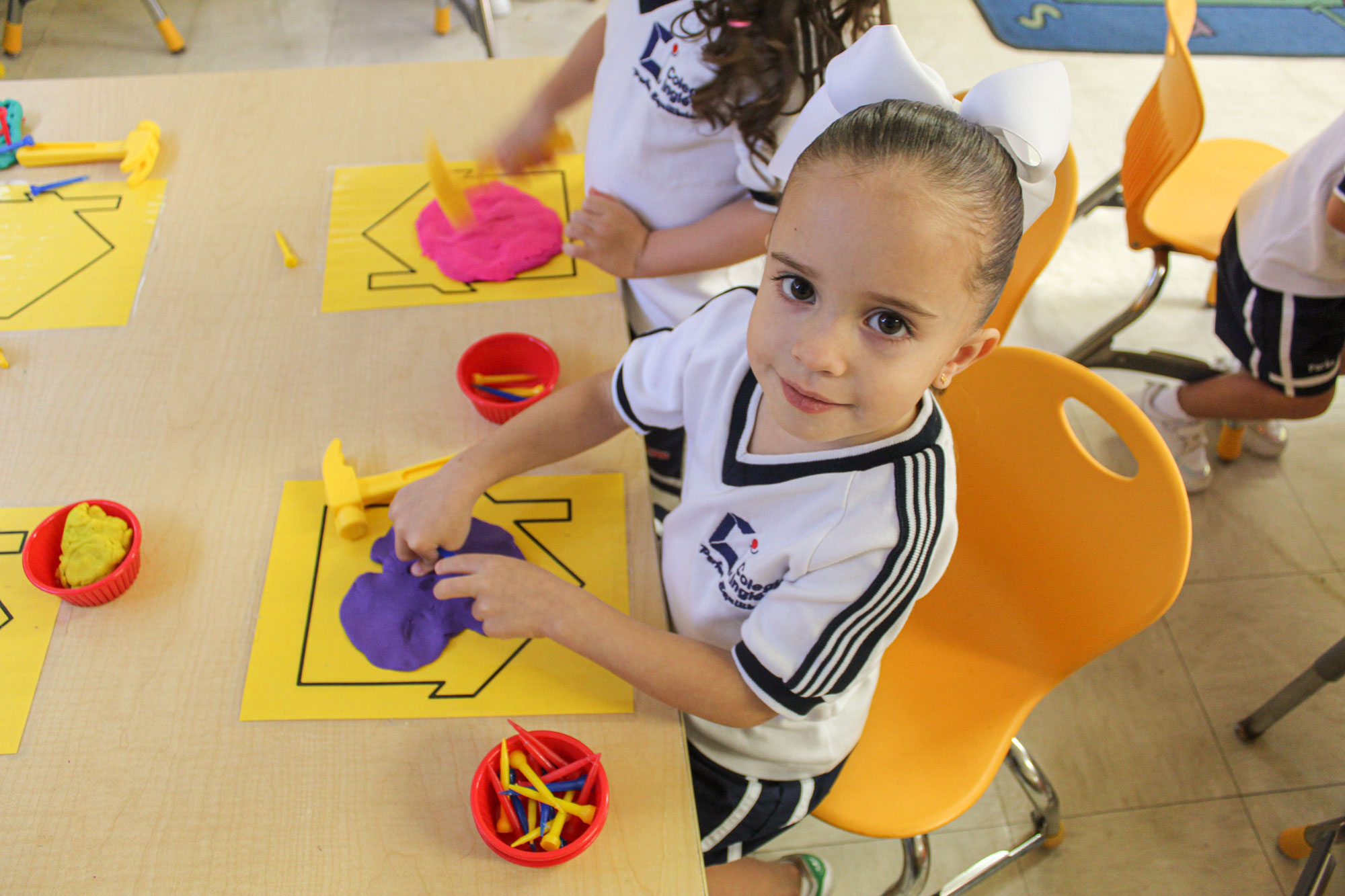
Early Stimulation Center (CET) is an exciting stage when children begin to develop a sense of independence, and a time when language, social, and cognitive skills begin to flourish.
They’re bursting with energy, ideas, and questions about their world, but they don’t yet have the language skills to express themselves. For this reason, it is relevant for preschool children this age to continue developing their Spanish native language through talking, reading stories, listening to others, expressing their thoughts, using their senses, singing, and role modeling, which are a strong focus in our program.
From Kinder I through Preprimary the curriculum focuses on English oral language development, pre-reading, pre-writing, music, art, and social and motor skills. Mathematics and science concepts are also introduced.
A thematic approach organizes instruction around topics of high interest to children as they learn about themselves and their environment and are explored through the application of appropriate cognitive processes.
Elementary
1st Grade – 6th Grade
The Lower Elementary (LE) and Upper Elementary (UE) Divisions provide a firm foundation in basic skills and problem-solving abilities. Students continue to develop their English language skills and concepts through fiction and non-fiction reading, creative writing, conversation and public speaking, grammar, and spelling.
Mathematics, Science, Technology, and Art are taught in English. Spanish language skills, Social Studies, Music, Physical Education, and Critical Thinking Skills are taught in Spanish. Students also have opportunities to apply their skills and knowledge as they engage in projects that incorporate curricular objectives, relate to real-world issues and encourage community service involvement.

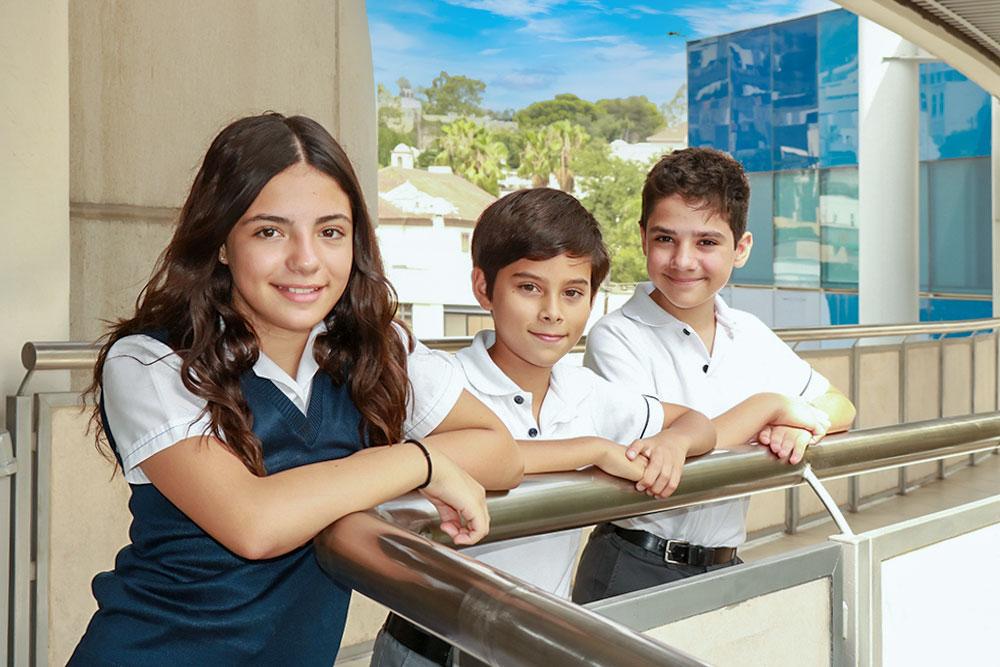
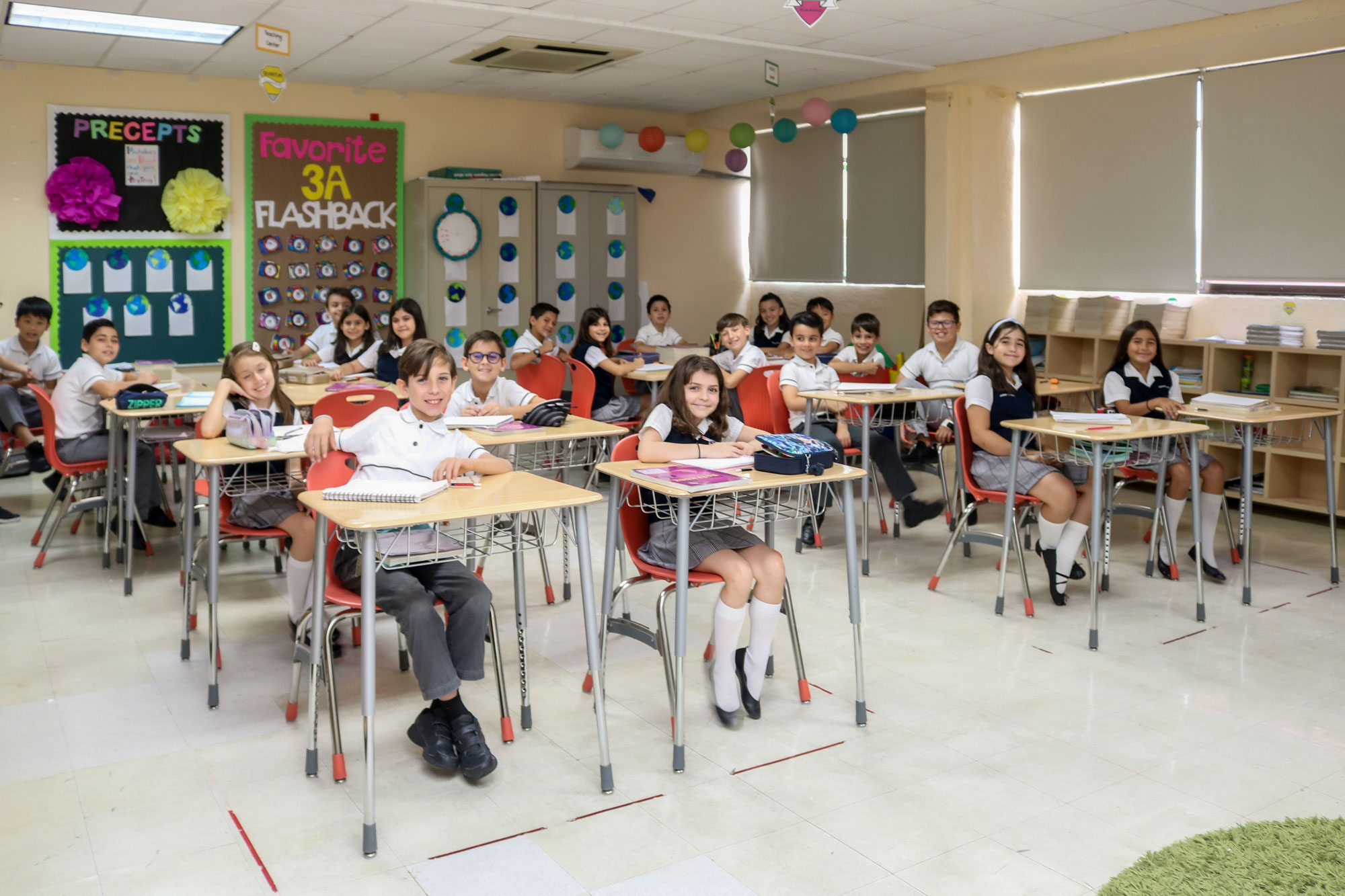
Middle School
7th Grade – 9th Grade
The Middle School (MS) curriculum is designed to encourage students to accept responsibility for their learning, to welcome challenges, and to maintain a spirit of inquiry. The MS Division provides students increased opportunities to apply the basic skills and concepts acquired in Elementary, and to explore varied academic and personal interests.

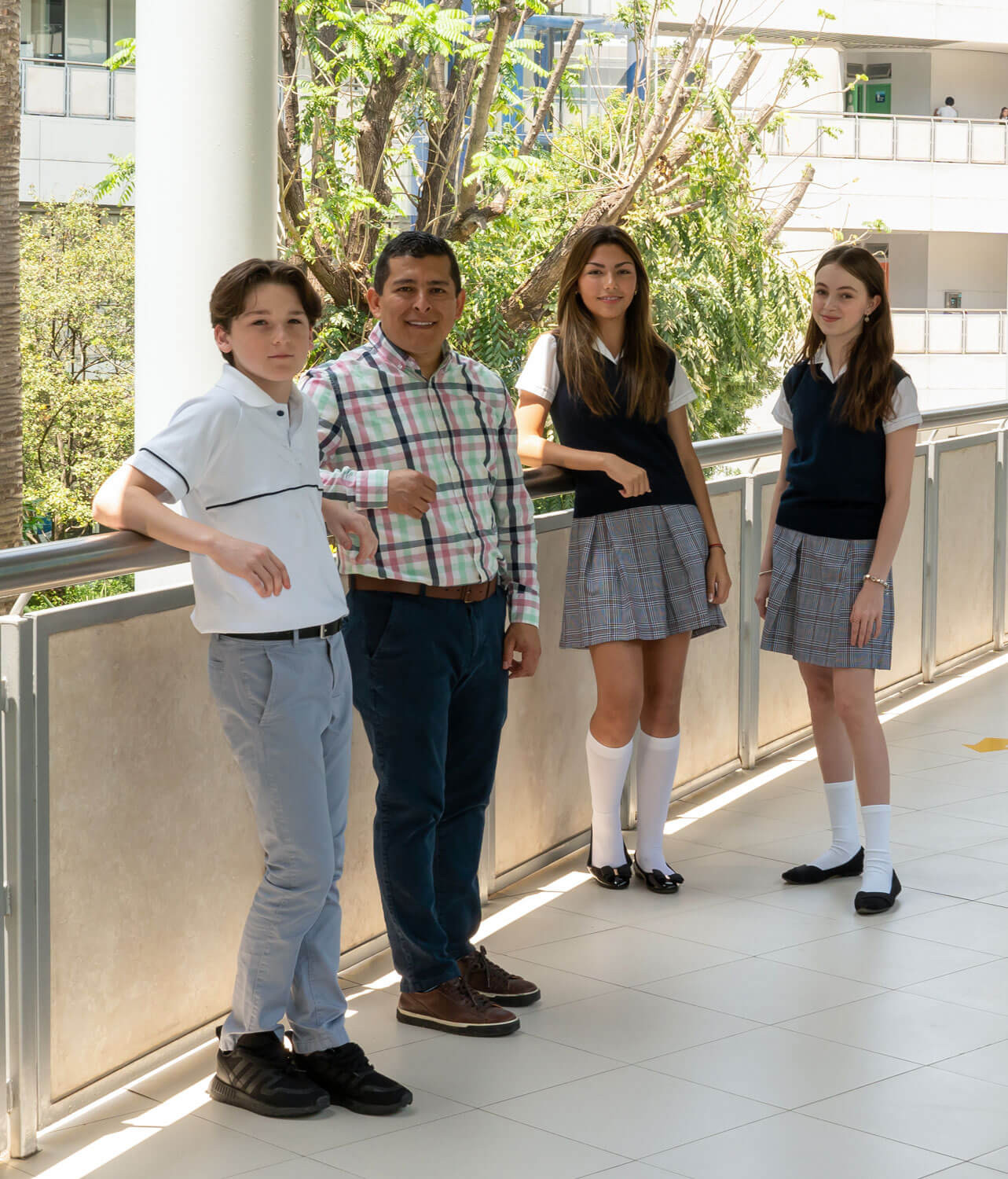
Courses in which students continue to refine their English language skills include: Language Arts, Algebra, Biology, Physics, Chemistry, World History, World Geography, Current Events, Model United Nations, Art, and Technology. Spanish skills are reinforced as students take courses in Spanish Language Arts, History and Geography of Nuevo León and México, Civics, Critical Thinking Skills, Music, and Physical Education. To provide them with opportunities to transfer curricula into real-life experiences, Middle School students attend local, national, and international education and cultural events and participate in community service. These events promote integral formation and prepare students to face the challenges and excitement of a global culture.
